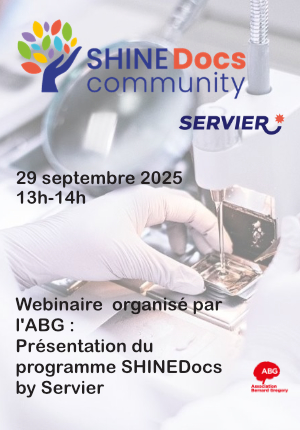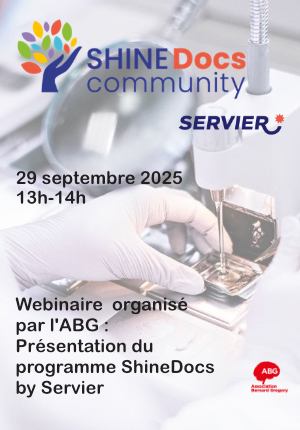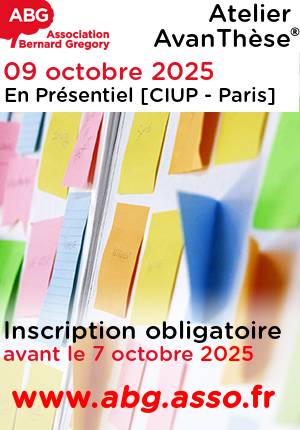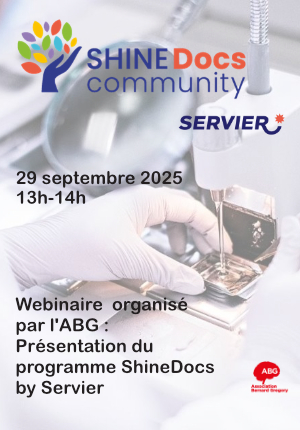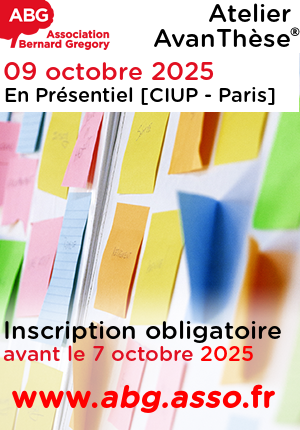Development of bio-sourced adhesives from complex coacervates based on lignin nanoparticles
| ABG-133428 | Stage master 2 / Ingénieur | 6 mois | 660 |
| 16/09/2025 |
- Chimie
- Physique
Établissement recruteur
Host institutions are the Institut Charles Sadron (ICS) and the Institut Pluridisciplinaire Hubert Curien (IPHC) in Strasbourg. The ICS is a CNRS-University of Strasbourg research center specializing in polymers, soft matter, and advanced materials, with strong expertise in self-assembly, nanostructuring, and functional applications. The IPHC is a multidisciplinary institute that brings together physics, chemistry, and biology, covering topics ranging from subatomic physics and analytical chemistry to environmental and biomedical sciences. Together, these institutes provide a rich and complementary scientific environment fostering interdisciplinary research.
Description
Adhesives are used extensively in the construction sector, mainly for bonding, sealing, and insulating materials. However, many traditional adhesives are made from synthetic petroleum based chemicals, including formaldehyde, polyurethane, epoxies, and phenol, which are harmful to the environment. Developing bio-sourced adhesives with tailored properties and recyclability from highly abundant biopolymers (Lignin and Chitosan) through coacervation is a promising environmentally-friendly alternative to petrol-based ones. Complex coacervation (CC) is an associative liquid–liquid phase separation that can occur in solutions of oppositely charged macromolecular species, such as proteins, polymers, and colloids. In this internship located at ICS, we are trying to develop coacervates based on lignin nanoparticles (LNPs) previously produced at IPHC (partner of the project) after extraction from biomass feedstock using deep eutectic solvents (DES) under various conditions (DES type, Duration of extraction and Temperature). Different profiles of lignin structure were obtained. The main goal of this internship is to control LNPs stability in water to study their complex coacervation with oppositely charged polyelectrolytes (Poly (diallyldimethylammonium chloride) and chitosan). Functionalization of LNPs (phosphorylation and amination) will be carried out to further stabilize them in solution, followed by the formulation of different types of coacervates. Many parameters can affect the performance of the CCs, including temperature, ionic strength, pH of the reaction medium, polymer mixing ratio, molecular weight, and charge density. Therefore, a detailed study needs to be performed. In your 6 months internship, you will learn about biopolymers extraction and chemical modification, nanoparticles production, Coacervate formulation and their characterization (FTIR, NMR, DLS, TGA, rheology).
Profil
An open-minded and team-oriented student with a background in materials science, physical chemistry of polymers, or a related field, and passionate about the applications aspect of (bio)polymers. A good understanding of biopolymer chemistry and rheology is a real plus. The subject is open to international students.
Prise de fonction
Vous avez déjà un compte ?
Nouvel utilisateur ?
Vous souhaitez recevoir nos infolettres ?
Découvrez nos adhérents
 Groupe AFNOR - Association française de normalisation
Groupe AFNOR - Association française de normalisation  SUEZ
SUEZ  Aérocentre, Pôle d'excellence régional
Aérocentre, Pôle d'excellence régional  MabDesign
MabDesign  ADEME
ADEME  PhDOOC
PhDOOC  ONERA - The French Aerospace Lab
ONERA - The French Aerospace Lab  Laboratoire National de Métrologie et d'Essais - LNE
Laboratoire National de Métrologie et d'Essais - LNE  Institut Sup'biotech de Paris
Institut Sup'biotech de Paris  ASNR - Autorité de sûreté nucléaire et de radioprotection - Siège
ASNR - Autorité de sûreté nucléaire et de radioprotection - Siège  ANRT
ANRT  Nokia Bell Labs France
Nokia Bell Labs France  Tecknowmetrix
Tecknowmetrix  CASDEN
CASDEN  CESI
CESI  MabDesign
MabDesign  Généthon
Généthon  TotalEnergies
TotalEnergies  Ifremer
Ifremer

